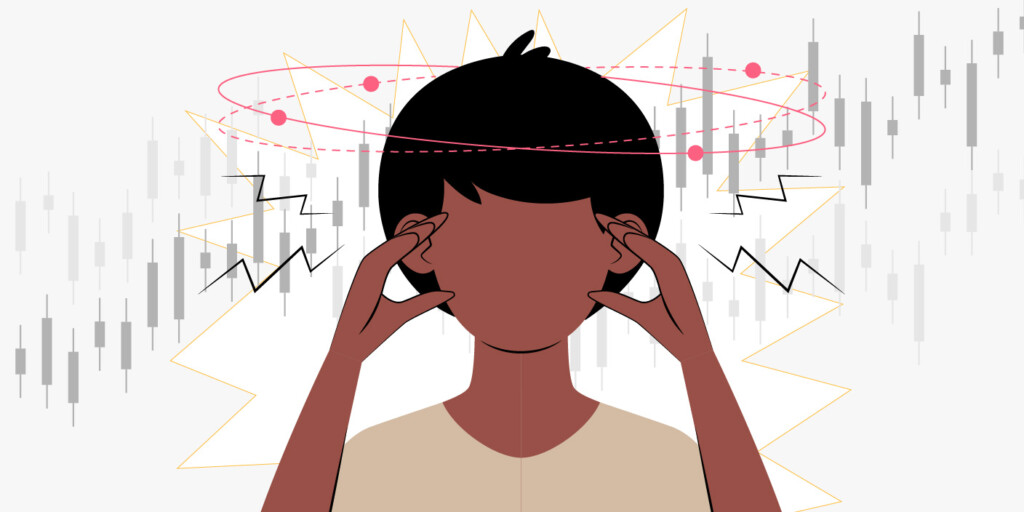

Some plans fail because the circumstances aren’t right. For example, Richard Branson, founder of the Virgin Group, attempted to launch Virgin Cola in the 1990s. The company was meant to compete with established brands like Coca-Cola and Pepsi and offer consumers a new, more exciting alternative.
The company faced numerous challenges, including high production costs, intense competition, and shifting consumer preferences. Despite the failure of Virgin Cola, Branson remains one of the most successful and influential entrepreneurs of our time and continues to lead the Virgin Group in a variety of ventures and industries.
And sometimes, failures happen because of common, preventable reasons. This includes trading plans, which can be redeemed if you avoid these mistakes:
Inadequate preparation

Traders may not have fully researched the markets or properly tested their strategies before implementing them in real trades. This can result in not having a clear understanding of the underlying fundamentals of the assets they’re trading or not having a well-defined strategy for managing risk and making trades.
How to avoid: take the time to educate yourself about the markets.
Unrealistic expectations
Many traders enter the market with the expectation of making large profits quickly without fully understanding the level of risk involved. This can lead to impulsive decision-making, taking on too much leverage, or making overly aggressive trades.
How to avoid: develop a sound risk management strategy that helps you to manage your risk exposure.
Lack of patience
Some traders lack patience and try to enter and exit trades too quickly, leading to missed opportunities and potential losses. Additionally, the lack of patience can also lead to a lack of discipline, as traders become more likely to make trades that are not in line with their overall strategy.
How to avoid: focus on developing a long-term perspective.

Emotional attachment

Attaching emotions to trades, such as greed or fear, can cloud judgment and result in poor decision-making. Being overly attached to their trades or positions also makes traders reluctant to exit unprofitable trades or take profits from well planned trades.
How to avoid: focus on maintaining a detached and objective perspective.
Over-reliance on technical analysis
Technical analysis is a powerful tool for traders, but it should not be relied upon exclusively. This is because technical analysis only considers past market data and trends and does not take into account fundamental factors such as economic news and data, political events, and market sentiment.
How to avoid: develop a well-rounded approach to trading that incorporates both technical and fundamental analysis.
Failure to review and evaluate

Trading plans can fail if they are not regularly reviewed and evaluated because this leads to a lack of accountability and an inability to adapt to changing market conditions. Without regular evaluations, traders may become complacent in following their plans or may be unable to identify areas for improvement.
How to avoid: regularly assess your performance and adjust as necessary.
Final thoughts on why trading plans fail
“The biggest problem with most traders is that they think they’re going to make money, and when they don’t, they blame the market. The market is always right. You never change the market’s mind. The market is always going to do what it’s going to do,” said legendary trader Paul Tudor Jones.
Jones emphasizes the importance of taking responsibility for one’s own actions and decisions in the market. Blaming external factors for your own mistakes only distracts from the real reasons for failure, which are often rooted in a lack of preparation, patients, and other factors discussed.
Overall, understanding the common reasons why trading plans fail can help you avoid making the same mistakes and increase your chances of success. This can also help you to stay focused and disciplined, even in the face of setbacks and losses.
Sources:
Common investor and trader blunders, Investopedia
16 tips on risk management from Paul Tudor Jones every stock trader must learn, The Economic Times
The winning mindset of a trader, Corporate Finance Institute








